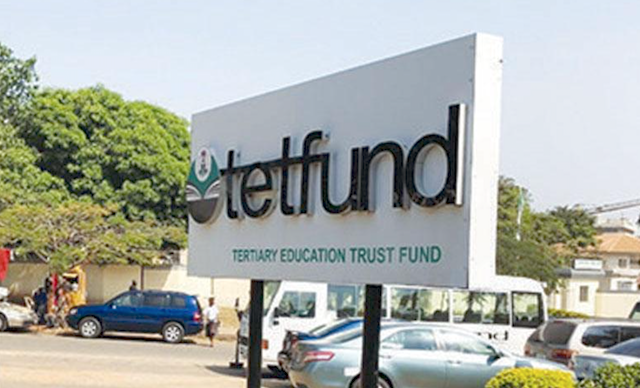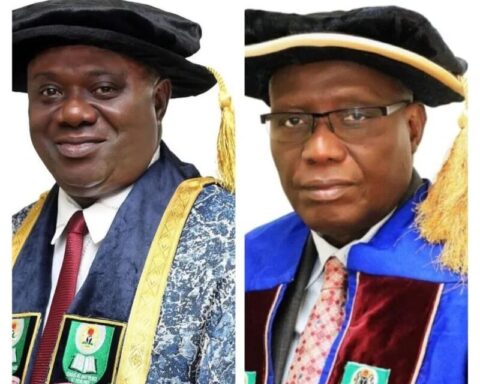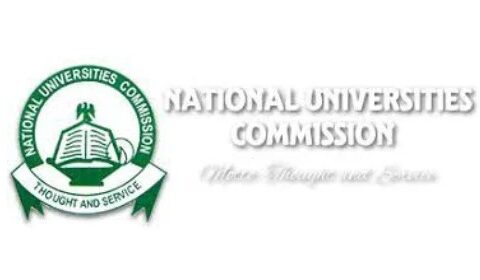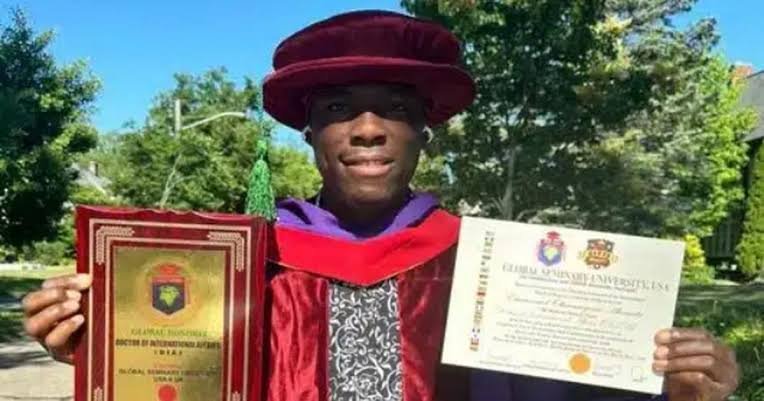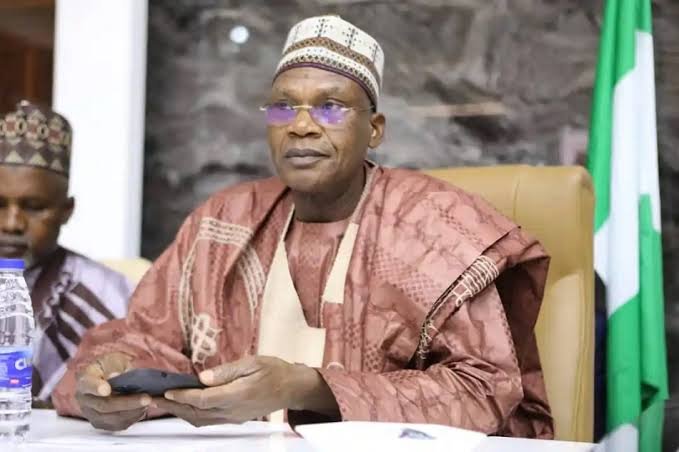The Tertiary Education Trust Fund (TETFund) has announced the disbursement of N100 billion to enhance the teaching, learning, and research capacities of medical sciences in Nigerian universities, polytechnics, and colleges of education.
Speaking at a press briefing in Abuja on Monday, TETFund’s Executive Secretary, Arc. Sonny Echono, said the intervention was part of the Fund’s strategic plan to address the shortage of medical professionals, strengthen Nigeria’s health sector, and reduce dependence on foreign training.
According to Echono, the funds were allocated under the 2025 special intervention programme and will be channeled into upgrading medical laboratories, establishing simulation centres, procuring state-of-the-art diagnostic equipment, and funding research in critical areas of medicine.
>The COVID-19 pandemic taught us valuable lessons on the need to build our own capacity in health sciences. This investment will not only improve medical education but also ensure our graduates are well-trained to meet international standards,” he said.
Echono revealed that at least 40 universities offering medicine and related courses, 30 polytechnics with science-based programmes, and several colleges of education running health education courses are beneficiaries of the scheme.
He added that part of the funding would also support the training of lecturers in advanced medical techniques both locally and abroad, as well as the development of indigenous medical research outputs into viable solutions for the country’s health needs.
The TETFund boss noted that the initiative aligns with the Federal Government’s goal of expanding access to quality healthcare and reducing the high cost of medical tourism, which drains billions of naira from Nigeria annually.
Stakeholders in the education and health sectors have welcomed the move, describing it as a “game-changer” that could significantly improve the quality of healthcare delivery in the country if properly implemented.
Prof. Olufemi Adedayo, a medical researcher at the University of Ibadan, said, “This is a step in the right direction. Our medical schools have suffered years of underfunding, and with this intervention, we can finally upgrade facilities to match the demands of modern medicine.”
The disbursement is expected to commence in September, with TETFund pledging strict monitoring to ensure transparency and accountability in the utilisation of the funds.
